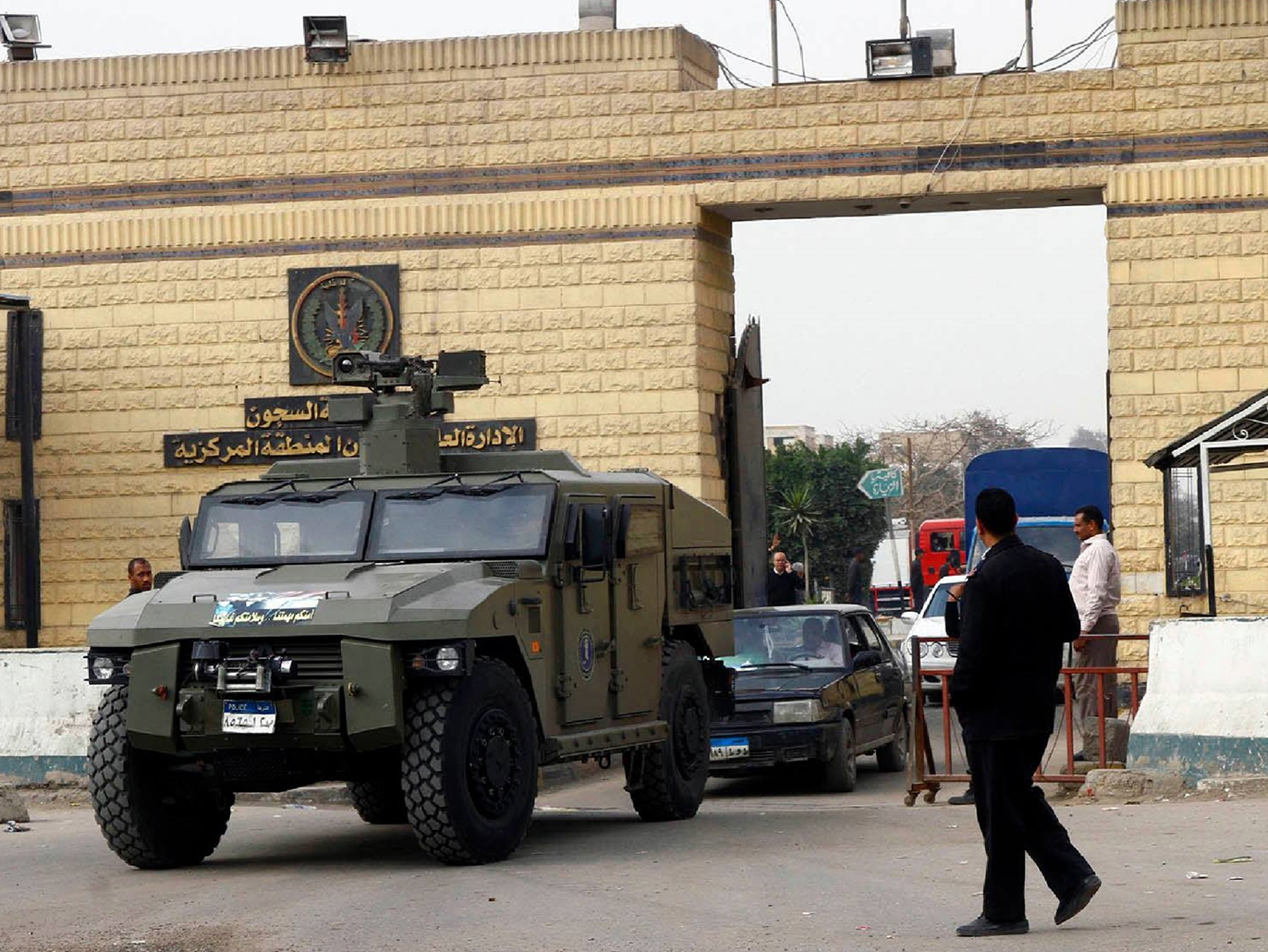General Abdel Fattah al-Sisi’s regime, the most repressive in Egypt’s modern history, continues to punish and silence its critics in clear defiance of the new US President Joe Biden. The Biden administration deals with the Egyptian government just as former US President Donald Trump used to deal with it, in contradiction to what Biden himself said last July during his election campaign.
Biden tweeted, “No more blank cheques for Trump’s favourite dictator,” referring to al-Sisi. With the passage of more than a month and a half since Biden assumed the presidency, Cairo is now seeing its steps in drawing the boundaries of the relationship with an American administration that moved with the electoral declarations to political realism. At a time when the Biden administration expresses its concerns about human rights issues in Egypt, the US State Department announces an arms’ deal worth about $200 million for the Egyptian regime in the first arms sale to a Middle East country.
It is a step that raises questions about Washington’s seriousness in developing a new policy with Cairo. In contrast, the State Department says that its approval of arms sales to Cairo does not impede Washington’s ability to continue focusing on its human rights record. The US Defence Security Cooperation Agency (DSCA) says the arms deal supports the foreign policy and national security of the United States by improving Egypt’s security. US Secretary of State Anthony Blinken combined these two contradictions by saying in a telephone conversation with his Egyptian counterpart Sameh Shoukry: “Our common security interests must be in line with respect for democracy and human rights, including a strong civil society.”
The announcement of the arms deal did not prevent the Egyptian authorities from arresting relatives of Egyptian-American activist Mohamed Soltan in Egypt. A spokesman for the US State Department, Ned Price, commented on the news of the arrests, saying, “We will not tolerate attacks or threats by foreign governments against American citizens or their family members.” He added, “Such behaviour contradicts our values and interests, and greatly undermines our bilateral partnerships around the world.”
Price added that the arms deal to Egypt is merely “a routine renewal of defensive weapons, which in no way prevents us from continuing to support our focus on democracy and human rights.” The matter was not limited to Soltan’s relatives, according to a Human Rights Watch report issued on February 19, as Egyptian authorities recently arrested family members of four dissidents living in the United States, Turkey, Germany, and the United Kingdom.
During the last month, the Egyptian authorities arrested the researcher Ahmed Samir, who studies at the Central European University in Austria, charged him with joining a terrorist group with knowledge of its objectives and deliberately spreading false news and data. Since Biden was announced as president, the Egyptian government has shown only slow steps to release the detainees, the most prominent of whom is Al Jazeera journalist Mahmoud Hussein.
Writer David Ignatius believes that the Biden administration is striving to reconcile two inescapable facts about Egypt. The first is that Egypt is a critical friend and ally of America, and the second is that it has a repressive government that violates basic human rights. In a related context, news reports talked about the Egyptian ambassador in Washington contracting with an American public relations company to improve the Egyptian government’s image with the new US administration immediately after Trump’s loss was announced.
The company includes US representatives and former officials from the Democratic and Republican parties, and it costs Cairo $65,000 a month. The cosmetic attempts are concerned about expected pressure from the Biden administration on Cairo, given the previous disturbing positions for the new president and his team over human rights. In a rare precedent, some might see it as a hint of a change in Cairo’s policy towards the opposition, al-Sisi spoke about accepting a conditional opposition according to his own vision.
Al-Sisi demanded that the opposition understand and study what he says and that the goal is not the opposition only for the sake of the opposition, and the expression of opinion must be aimed at improving people’s conditions and lives.
The lawyer and former spokesman for the Freedoms Committee of the Bar Association, Asaad Haykal, does not expect that a major change will occur in Egypt’s policy. He says that Cairo is waiting for the Biden administration’s stance on the Muslim Brotherhood and thus determines its position on Washington, adding that he does not believe that Cairo yields to Washington as it did not bow before to the administration of former President Barack Obama.
On the other hand, journalist Gamal Sultan confirmed that al-Sisi had enjoyed Trump’s support for four years, which encouraged a significant increase in human rights violations in Egypt, which had not happened in any presidential era before. Soltan explained that the extent of human rights violations in Egypt is so great that Biden cannot ignore it, which represents political and moral pressure on his administration in its dealings with Cairo.
In turn, the Egyptian academic writer Ezzedine Choukri Fishere says that if fear and power blind the military leaders in Egypt, the vision of those who support them should be clearer. “Is it an exaggeration to expect the United States, France, Germany, and the Emirates (which are the countries that provide the military in Egypt with money, weapons, and political support) to give them some advice as well?” Fishere added.





Recent Comments